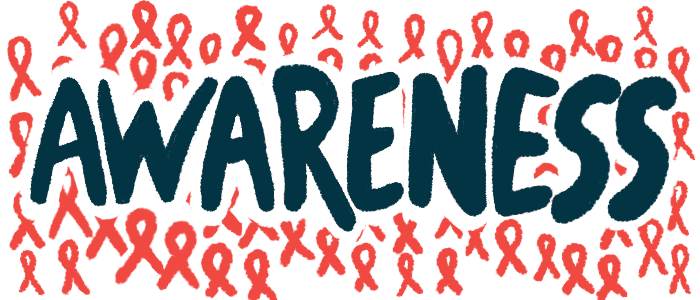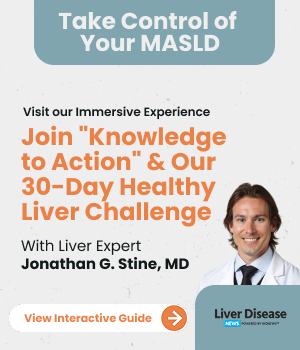World Liver Day to raise awareness of Alagille, other liver diseases
Chronic liver disease affects 1.5 billion people, statistics show

April 19 is a day set aside to raise awareness of liver diseases such as Alagille syndrome.
It’s World Liver Day, a global event that aims to unite patient communities, medical professionals, researchers, and policymakers to address the growing burden of these diseases.
This year’s goal is to increase awareness of the significance of the liver and the several diseases that can affect it, while empowering people around the world with simple and effective measures to help prevent liver disease.
Statistics show that 1.5 billion people live with chronic liver disease, which contributes to the loss of 2 million lives each year, but many people remain unaware of its risk factors, the campaign’s organizers said. Increasing health literacy and promoting changes in behavior may reduce the prevalence of liver disease and mortality.
Beginning as a national effort in India, the initiative is now led by five organizations: the American Association for the Study of Liver Diseases (AASLD), the European Association for the Study of the Liver (EASL), the Asian-Pacific Association for the Study of the Liver (APASL), the Asociacion Latinoamericana para el Estudio del Higado (ALEH), and the Society on Liver Disease in Africa (SOLDA).
Liver disease awareness tools designed to spread the word
A communications toolkit is designed to help individuals and organizations spread awareness across social media platforms and in mailers, newsletters, and other communications tools. The toolkit provides advocates with resources to start conversations, share information about liver disease, promote action, and drive change.
Organizers are also promoting exercise as a way to keep the liver healthy and prevent liver disease. The World Liver Day site encourages people to take photos of themselves or a “beautiful landscape” while out for a walk and add the #StepUpForLiverHealth hashtag and logo to the photo when sharing it on social media. Participants are asked to tag the location and use the hashtags #WorldLiverDay and #StepUpForLiverHealth.
There are several events worldwide in which participants can get involved. Some are online, and others are in person.
The international campaign also offers educational resources about liver diseases and their risk factors, preventive measures, and treatment. Fact sheets about a number of liver diseases, including steatotic liver disease (previously known as non-alcoholic fatty liver disease), alcohol-related liver disease, hepatitis, chronic forms of cholangitis, and liver cancer, can be downloaded and shared on social media.
Steatotic liver disease is the most common cause of chronic liver disease, accounting for 59% of cases. Infectious viral diseases, including hepatitis B and C, which are spread via bodily fluids, cause chronic liver inflammation and increase the risk of liver failure and cancer. Death from viral hepatitis accounts for the majority of chronic liver disease-related deaths worldwide.
Alagille syndrome is a rare genetic liver disease most commonly caused by mutations in the JAG1 gene. Such mutations impair signaling in embryonic development and lead to fewer bile ducts, the tubes that carry bile, a digestive fluid, from the liver to the intestines. This can lead to liver damage, but signaling defects can also cause abnormalities in the heart, blood vessels, bones, kidneys, and pancreas.
Liver disease risk factors include family history, alcohol consumption, certain dietary patterns like excess intake of high sugar and consumption of highly saturated fatty foods, a sedentary lifestyle, the misuse of certain medications, unsafe sex practices, and injection-based drug use. Metabolic disorders and an overactive immune system can also increase the risk of liver disease.
Stigma around liver disease, particularly among patients, people who are obese or drink alcohol, and those who engage in high-risk behaviors like injecting drugs, can create barriers to early detection and treatment, the liver groups said. Aggressive marketing of alcohol and unhealthy food or drinks may also contribute to liver disease, they said.
The World Liver Day activities are supported by industry partners Boehringer Ingelheim, Echosens, MSD, and Novo Nordisk.






